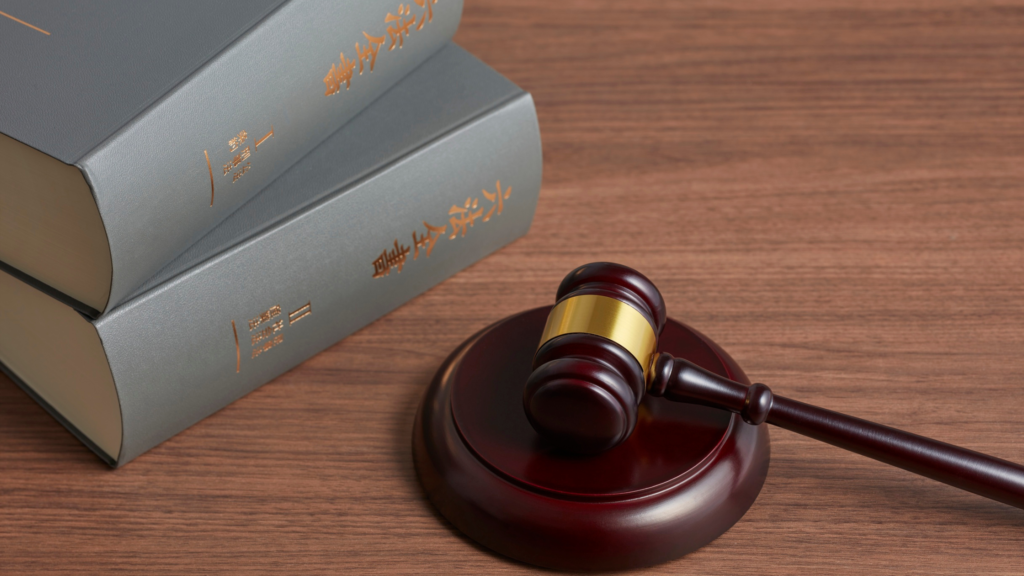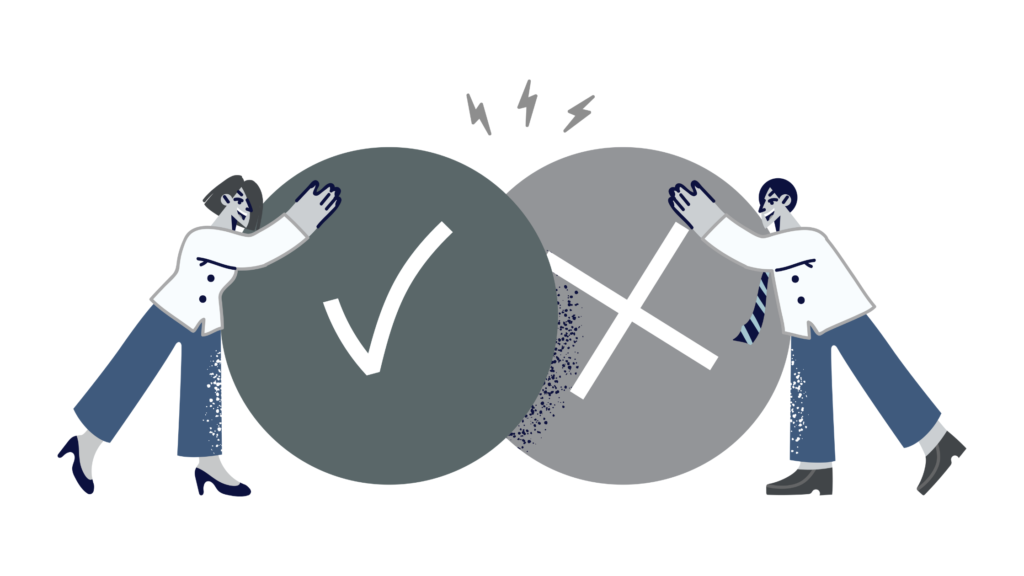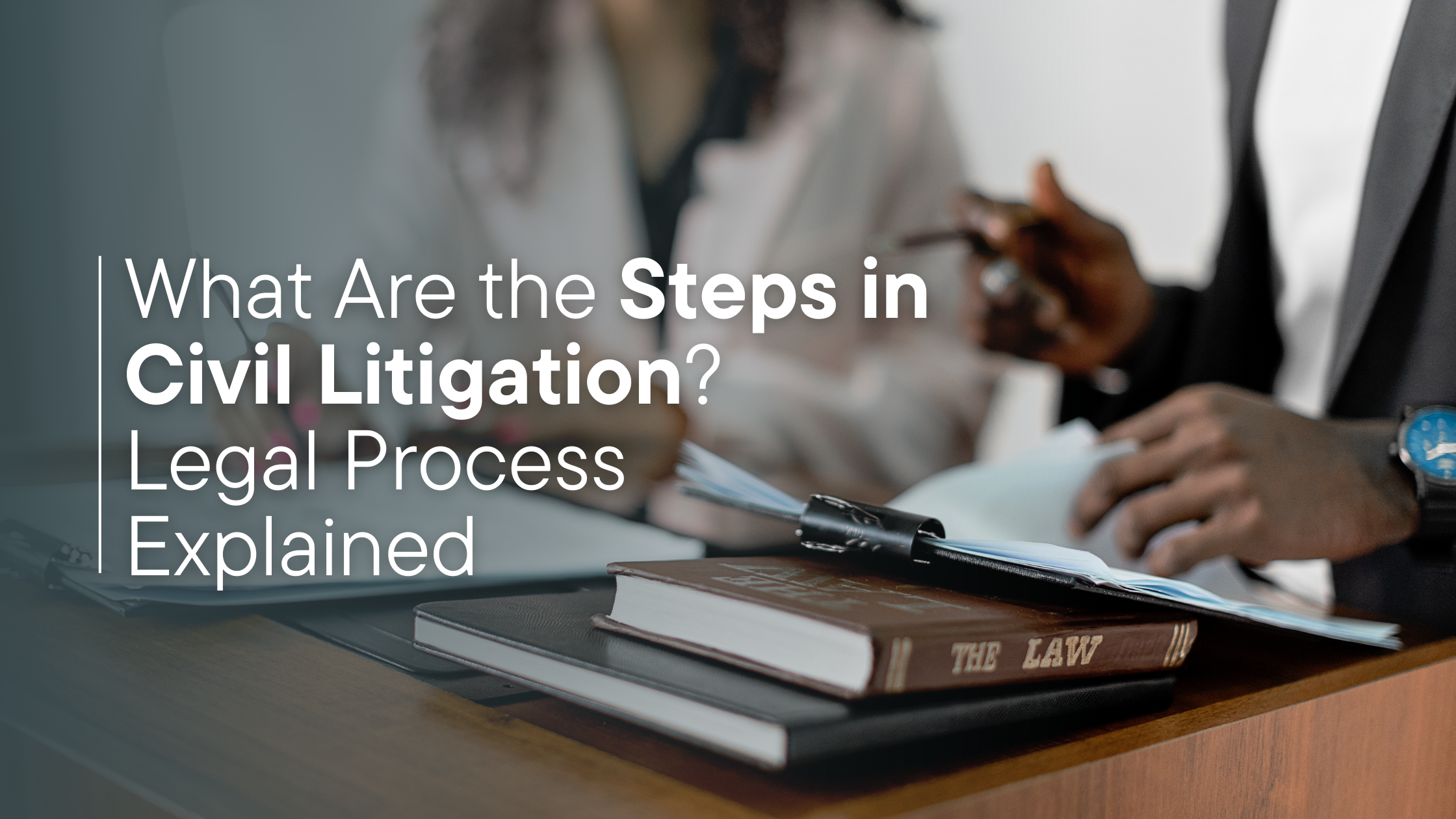Facing a legal challenge can feel overwhelming, especially when it involves complex disputes. If you find yourself in a situation where legal action is necessary, understanding the process of civil litigation is essential. At Barli & Associates LLC, we’re here to guide you through every step of this journey with clarity and confidence. This blog post will break down civil litigation in simple terms, so you can better understand what to expect and how we can help you navigate the process.
What Is Civil Litigation?

Civil litigation is the process of resolving disputes between individuals, businesses, or organizations through legal action. Unlike criminal cases, where the government prosecutes someone accused of a crime, civil litigation typically involves private parties seeking compensation or the enforcement of rights.
Civil cases can arise from a variety of issues, such as:
- Contract disputes
- Personal injury claims
- Property disputes
- Employment issues
- Family law matters
While each case is unique, the goal of civil litigation is usually to resolve the dispute fairly, often through financial compensation, injunctions, or other legal remedies.
Key Phases of Civil Litigation

Understanding the steps involved in civil litigation can help ease your concerns and prepare you for the process. Here are the key stages of a typical civil case:
1. Pre-Litigation Stage
Before filing a lawsuit, there is often an attempt to resolve the dispute outside of court. This may involve negotiations or settlement talks between the parties. Resolving the matter at this stage can save time, costs, and emotional stress for all involved.
2. Filing a Lawsuit (Complaint/Petition)
If pre-litigation efforts fail, the plaintiff (the party filing the lawsuit) will officially begin the legal process by filing a complaint. This document outlines the allegations and the legal basis for the case. The defendant (the party being sued) is then notified and must respond.
3. Discovery
During the discovery phase, both parties exchange information and evidence relevant to the case. This includes documents, witness testimonies, and other materials that may help establish the facts. Discovery allows both sides to prepare for trial and can sometimes lead to a settlement before the case reaches court.
4. Mediation/Settlement
At any point in the litigation process, the parties may agree to participate in mediation or settlement talks. Mediation involves a neutral third party who helps facilitate discussions to find a resolution. Settling outside of court is often preferred, as it allows for more control over the outcome.
5. Trial
If the case is not resolved through mediation or settlement, it proceeds to trial. A judge or jury will hear the evidence presented by both sides and make a decision. The trial process includes opening statements, witness testimony, and closing arguments. The outcome could result in financial compensation, an injunction, or other remedies.
6. Post-Trial
After the trial, the losing party may appeal the decision if they believe there was an error in the ruling. If the case is upheld, the judgment will be enforced, which could involve collecting damages or ensuring compliance with the court’s order.
The Role of Key Parties in Civil Litigation

Several key players are involved in civil litigation, each playing an important role in the legal process:
- Plaintiff: The party initiating the lawsuit, seeking a remedy for the dispute.
- Defendant: The individual or entity being sued.
- Attorneys: Skilled legal professionals who represent each side and work to build the case. At Barli & Associates LLC, we provide dedicated legal counsel tailored to your specific needs.
- Judges and Courts: Judges preside over civil litigation cases, ensuring the process is fair and the law is applied correctly.
Common Civil Litigation Strategies
Civil litigation can be strategic, with various tactics employed to strengthen a case:
- Negotiation and Settlement: Most civil cases are resolved before trial through negotiation, allowing both parties to agree on a solution that avoids the time and cost of a courtroom battle.
- Litigation Strategy: Legal teams will often use specific strategies, such as filing motions to dismiss or seeking temporary orders, to gain an advantage in the case.
- Alternative Dispute Resolution (ADR): ADR methods, such as mediation or arbitration, provide alternative ways to resolve disputes outside of court, often leading to quicker and more cost-effective solutions.
Pros and Cons of Civil Litigation

Civil litigation offers important benefits but also comes with challenges. Here are some key points to consider:
Pros
- Legal Protection: Civil litigation can provide a way to assert your rights and seek justice.
- Financial Compensation: In many cases, litigation can result in financial compensation for damages suffered.
- Resolution of Disputes: The court process ensures that disputes are resolved in a formal and lawful manner.
Cons
- Time-Consuming: Civil litigation can take months or even years to resolve.
- Costly: The process can be expensive, with legal fees, court costs, and other expenses.
- Emotional Toll: Engaging in litigation can be stressful and emotionally taxing for all parties involved.
When to Consider Civil Litigation
Not every dispute needs to go to court. It’s essential to carefully consider the circumstances before deciding to pursue civil litigation. Some factors to consider include:
- The severity of the issue: Is the dispute significant enough to warrant formal legal action?
- Alternative options: Could mediation or settlement resolve the matter more efficiently?
- The potential outcome: Is litigation likely to result in a favorable result based on the facts of the case?
If you’re unsure whether civil litigation is right for you, consulting an experienced attorney is the first step toward understanding your options.
Conclusion
Navigating civil litigation can be challenging, but with the right guidance, you can approach the process with confidence. At Barli & Associates LLC, we are committed to providing personalized and dedicated legal support to help you through every stage of your case. Whether you are considering filing a lawsuit or need assistance with a legal matter, we’re here to help you protect your rights and achieve the best possible outcome.
Contact us today to discuss your case and take the first step toward resolving your legal challenges. Let’s work together to secure your future.





